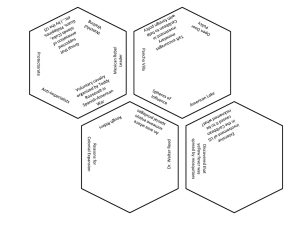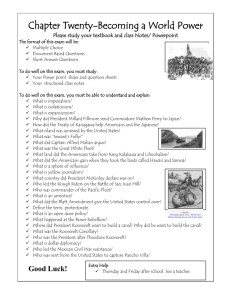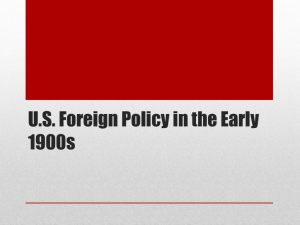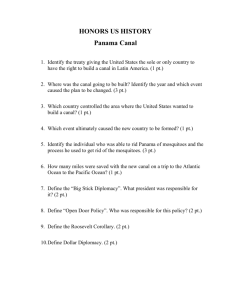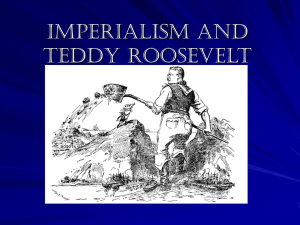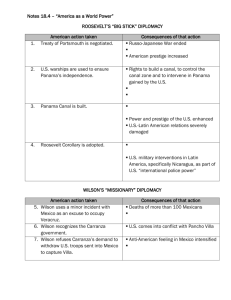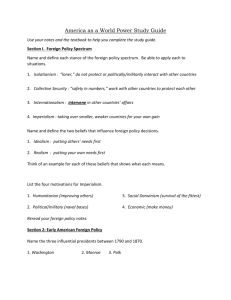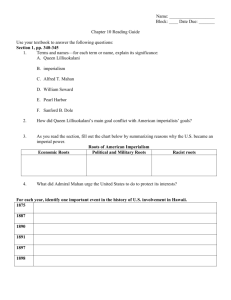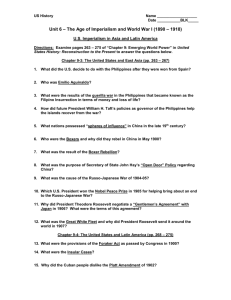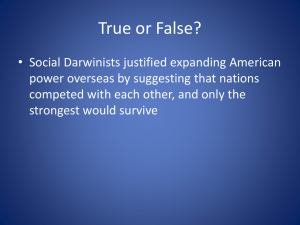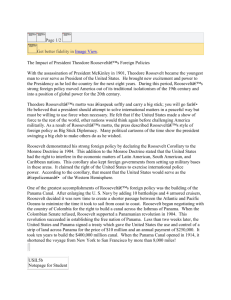Nationalistic, Military
advertisement
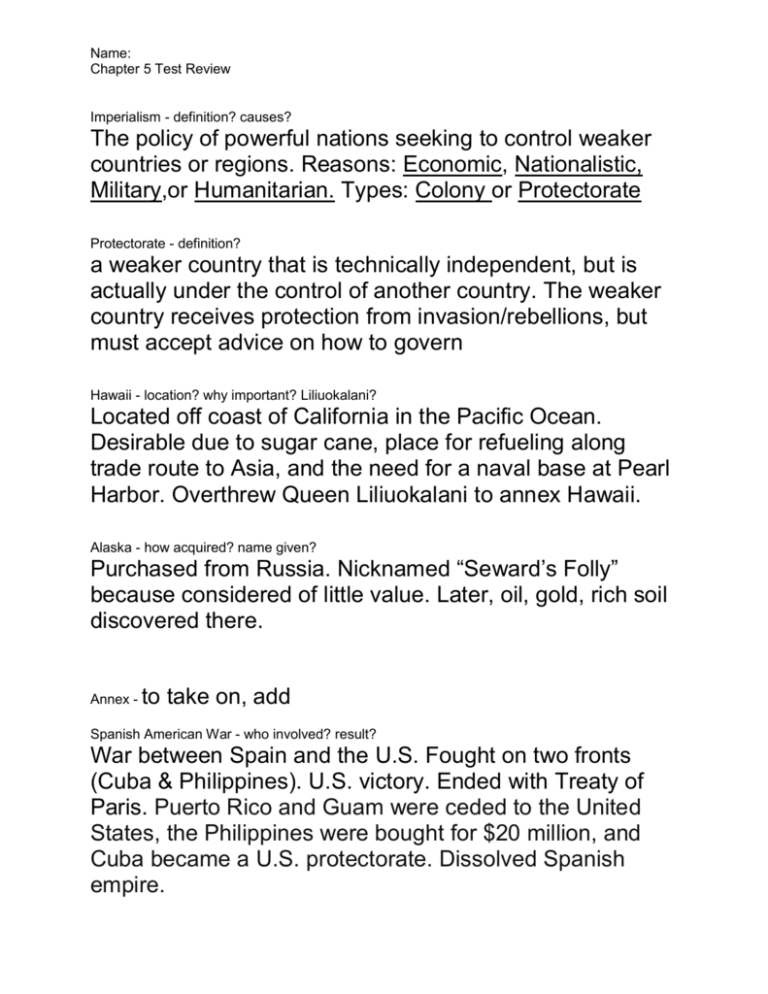
Name: Chapter 5 Test Review Imperialism - definition? causes? The policy of powerful nations seeking to control weaker countries or regions. Reasons: Economic, Nationalistic, Military,or Humanitarian. Types: Colony or Protectorate Protectorate - definition? a weaker country that is technically independent, but is actually under the control of another country. The weaker country receives protection from invasion/rebellions, but must accept advice on how to govern Hawaii - location? why important? Liliuokalani? Located off coast of California in the Pacific Ocean. Desirable due to sugar cane, place for refueling along trade route to Asia, and the need for a naval base at Pearl Harbor. Overthrew Queen Liliuokalani to annex Hawaii. Alaska - how acquired? name given? Purchased from Russia. Nicknamed “Seward’s Folly” because considered of little value. Later, oil, gold, rich soil discovered there. Annex - to take on, add Spanish American War - who involved? result? War between Spain and the U.S. Fought on two fronts (Cuba & Philippines). U.S. victory. Ended with Treaty of Paris. Puerto Rico and Guam were ceded to the United States, the Philippines were bought for $20 million, and Cuba became a U.S. protectorate. Dissolved Spanish empire. T.Roosevelt’’s cavalry’s name and famous battle - Rough Riders, mixed crew of miners, cowboys, and law officers. Led to a key victory during Spanish-American War at the Battle of San Juan Hill. Yellow Journalism - definition? who involved? Type of sensationalism. Biased, and often false reporting for the sake of attracting readers. Joseph Pulitzer (New York World) and Randolph Hearst (New York Journal) in competition with each other. Influenced Americans views to go to war with Spain. U.S.S. Maine Sent to Havana harbor by President McKinley to protect American interests. Explosion - Spain was blamed and the media exploited this. “Remember the Maine!” Further influenced American views to go to war. Relationship with Japan U.S. showed off military power to negotiate the use of two Japanese ports in the Treaty of Kanagawa. Russia and Japan in conflict. Theodore Roosevelt won Nobel Peace Prize for his help in negotiating peace. – A policy that allowed each foreign nation in China to trade freely in the other nations’ sphere of influence Open Door policy section of a country where a foreign nation enjoys special rights and powers (areas of economic and political control) Spheres of Influence - Chinese used force to fight foreign influence and control. Boxer Rebellion - cause? effect? Panama Canal - significance of? how/why did U.S. get involved? The French abandoned attempt to build canal. US bid to Columbia, and turned down. US backed a revolt by Panama, who gained independence from Columbia and gave US rights to build the canal. U.S. determined mosquitoes spread diseases and treated the area. The Panama Canal provided a shorter route and was good for trade. Roosevelt Corollary Addition to The Monroe Doctrine of 1823. Establishes that US could interfere with affairs of Western Hemisphere to prevent Europe from benefitting from Latin America’s debt problem. “Policemen” “big stick” diplomacy - What is it? What president is associated with it? T. Roosevelt’s policy of displaying U.S. military power to maintain regional stability. “Great White Fleet” dollar diplomacy - What is it? What president is associated with it? William H. Taft’s policy of joining business interests of a country with its diplomatic interests abroad moral diplomacy- What is it? What president is associated with it? Woodrow Wilson’s policy of encouraging democracy by basing foreign aid on moral government. Wilson did not believe in imperialism.
